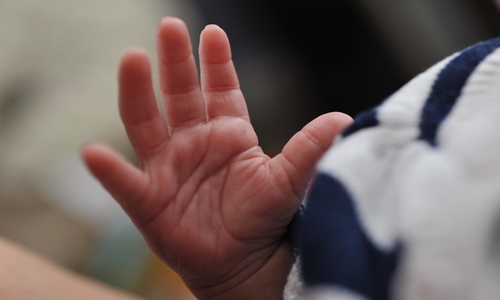Oct 28, 2015

A different conference about boys . . .
A 16 year old young man may say about himself,
I am not going nowhere, not doing nothing, like if everything I am doing is just to do it, just to make other people happy and not myself...
This conference will look at the phenomenon of adolescent boys stuck in anti-social, dead-end pursuits as a problem having roots in the infant mental health of boys.
The Psychology of Boys at Risk—Indicators from 0-5
November 5 & 6, 2015
Eldorado Hotel in Santa Fe, New Mexico
A list of presenters, full agenda and registration is available at www.santafeboys.org
By basing itself in psychological development, in the infant mental health field, and in the 0 to 5 years, this conference seeks to open up new vistas to understand why it is that boys predominate in so many problematic areas.
The discussion will focus on how the inner life of boys may set a course in the earliest years that shows up in adolescence as school failure, juvenile delinquency, and mental health problems.
...like myself is really frozen inside, like it isn’t me that is doing all these things - getting kicked out of school and winding up in juvie. Like the real me wants to go right, but I keep going left with the others knowing I am just getting myself in deeper.
We will attempt to understand why boys seem to be disproportionately drawn to this state and will address questions like:
- What is it about early patterns of boy-caregiver relationships that may set boys apart from girls in terms of patterns for later problematic behaviors?
- How do socio-economic contexts affect boys differently?
- Looking at studies that have been done, what do we know about the characteristics of children who grow up in stressful environments, with conduct disorders, substance abuse problems, and with outcomes that appear to be more typical of boys?
- What do we know about the unique bio-evolutionary context of the development of boys, and how might this contribute to boys being at-risk?
- What do we know from Hispanic, Native-American, African-American, and mainstream cultures and experiences that aggravate or ameliorate the early boy-caregiver relationship?